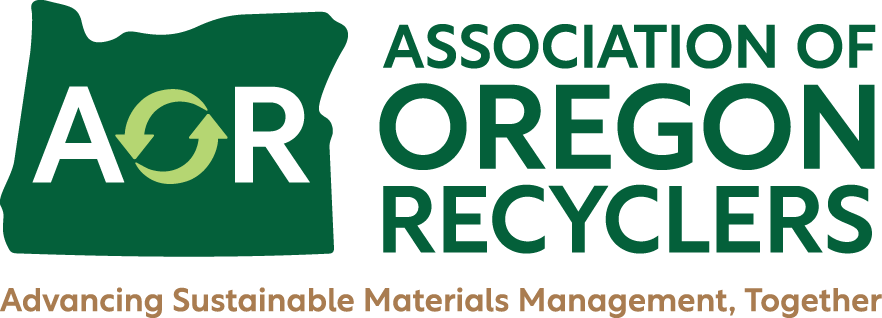AOR Membership Approves Bylaw Revisions
On December 14th, the AOR Membership voted to approve proposed revisions to our bylaws. The bylaws were previously amended in 2017.
The purpose for these changes has been our desire to bring Diversity, Equity, and Inclusion (DEI) to the forefront of our organization, increase the board’s flexibility to adapt in rapidly changing times, create more opportunities for crossing training and collaboration, and to clarify board procedures such as decision-making.
We have worked to apply an equity lens to the content that is presented at our conferences and forums, and have brought speakers and trainings on DEI topics. We have also engaged in this work at the Board level, developing guiding principles for decision making and most recently revised our bylaws to be more inclusive in its language and in the way decisions are made.
The language throughout the bylaws was updated to use gender-neutral pronouns and we heard overwhelming support from members for this change.
We have opted to formally adopt a consensus based decision-making approach similar to what is employed by Oregon Consensus in collaborative decision making processes. We believe this will create more space for nuanced and transparent decision-making within the board. It will also allow for alternative solutions to be heard beyond what a “yay or nay” approach provides. We also had positive feedback regarding this proposed change and the Board has already been putting this method of decision-making into practice.
The biggest change, and the one which raised the most concern amongst members is redefining our board positions. Our bylaws have always had specific “chair positions” (e.g. conference chair, membership chair, etc) elected by the membership, and the Board believes this has hindered our ability to attract new board members and skill sets into our organization.
Based on member feedback, we removed the designation of an “executive committee” but will continue to maintain Board Officers including Board Chair, Treasurer, and Secretary. To facilitate succession planning, we will retain the Immediate Past Chair position, and add a Vice Chair. These officers will serve two years in those roles. All board members will be elected to the board by the membership. Officers and committee chairs will then be selected by the board after the election.
After listening to our members, we also want to highlight the designation of both conference and legislative committee chairs. This is a change from what was first proposed. To emphasize to the membership that these roles are integral to our organization, we have revised the new proposed bylaws to not only include these roles specifically, but to designate that they will have a committee, and set the expectation that they serve two-years in their roles. For the legislative committee chair, we made the change because of the need to build and maintain relationships with legislators and to have continuity between Oregon's short and long sessions.
These bylaw changes will allow for the work of our board to be more evenly distributed and create teams to manage committees or projects. They will also allow those elected to the board to put their skill sets to work in various aspects of our organization’s work and allow the board to draw on a wider range of interests and strengths brought to the table by each member. We believe this will encourage more participation in our organization and will result in a more diverse board overall.
This will change how you elect your board members. Instead of selecting a person to serve in a specific position, you will be electing a board from a slate of candidates. The elected board will then determine their roles for the duration of their terms on the Board, and allocate work and tasks for them that are most needed in the coming year to meet AOR’s strategic goals and priorities.


